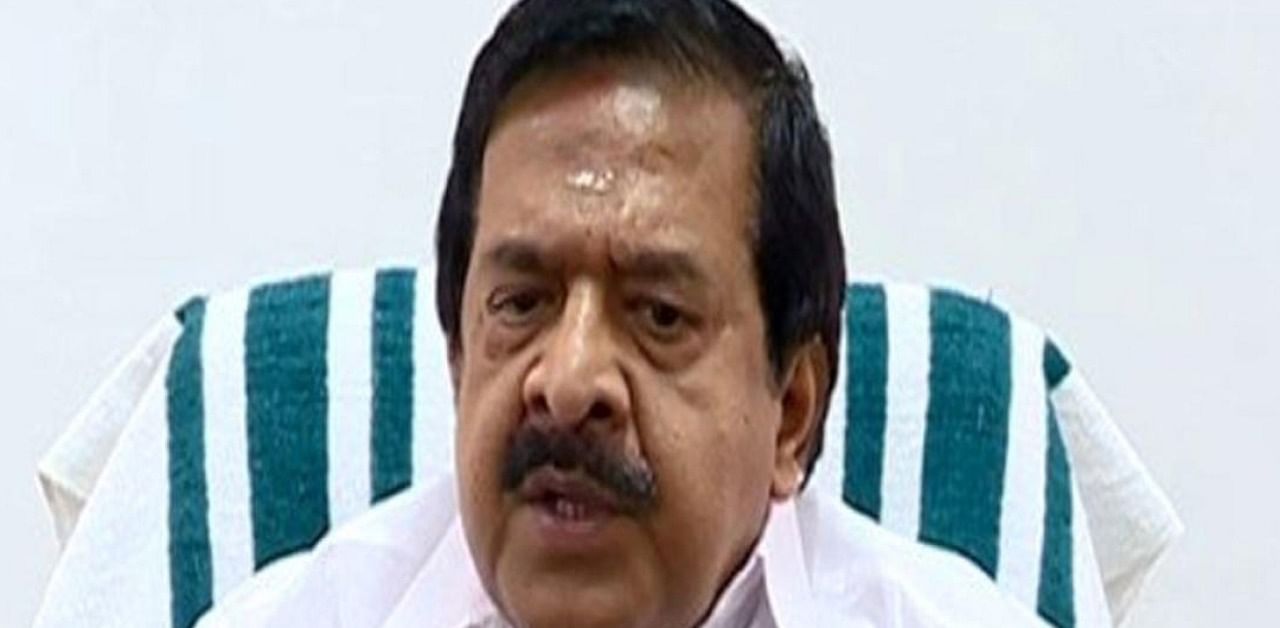
With the local body polls and assembly polls approaching in Kerala, the Congress and the CPM have once again triggered allegations and counter allegations of BJP-RSS links of the party leaders - a strategy to attract the secular and minority vote base of Kerala.
Such political mudslinging has been quite common in Kerala during the eve of all elections. The CPM and Congress used to make allegations and counter allegations of nexus with outfits like BJP-RSS, SDPI and PFI which are having a communal tag.
Congress leader Ramesh Chennithala and CPM politburo member S Ramachandran Pillai are the current targets and counter targets. CPM state secretary Kodiyeri Balakrishnan made the first salvo by alleging that Chennithala, who is the current opposition leader, was trying to implement the RSS's agenda in the state and also termed him as a RSS sarsanghchalak. The CPM further alleged through party's mouthpiece 'Deshabhimani' that Chennithala's father was a RSS worker.
Chennithala hit back by stating that it was highly unbecoming of a CPM leader to make such a communal remark. He is also putting up an emotional resistance by lamenting that his late father was being targeted by the CPM, even as he had no RSS connections.
In the meantime, CPM suffered a jolt when the BJP mouthpiece and Congress mouthpiece claiming that CPM politburo member S Ramachandran Pillai was an RSS activist during his teenage days. He was a RSS 'Sikshak' in Kerala before being a CPM member and had even participated in RSS meeting. Pillai had not even denied this.
Political analyst C A Josukutty said that by alleging links with communal outfits both the Congress and CPM were trying to attract the secular vote base of Kerala. By alleging of BJP-RSS nexus, both Congress and CPM might be trying to attract the Christian and Muslim vote base, which comes to around 45 percent of the state's voters and an influential factor in many constituencies.